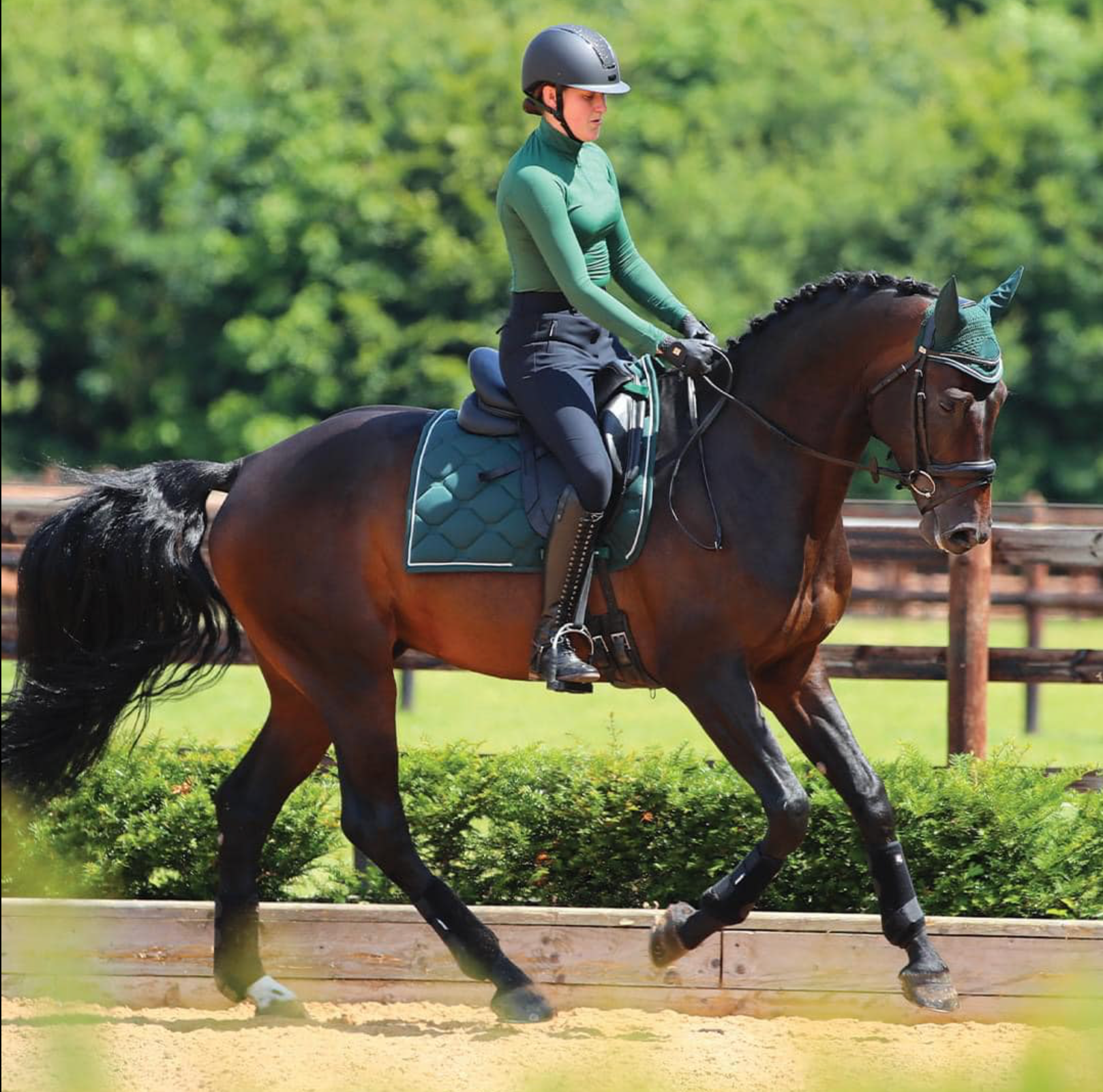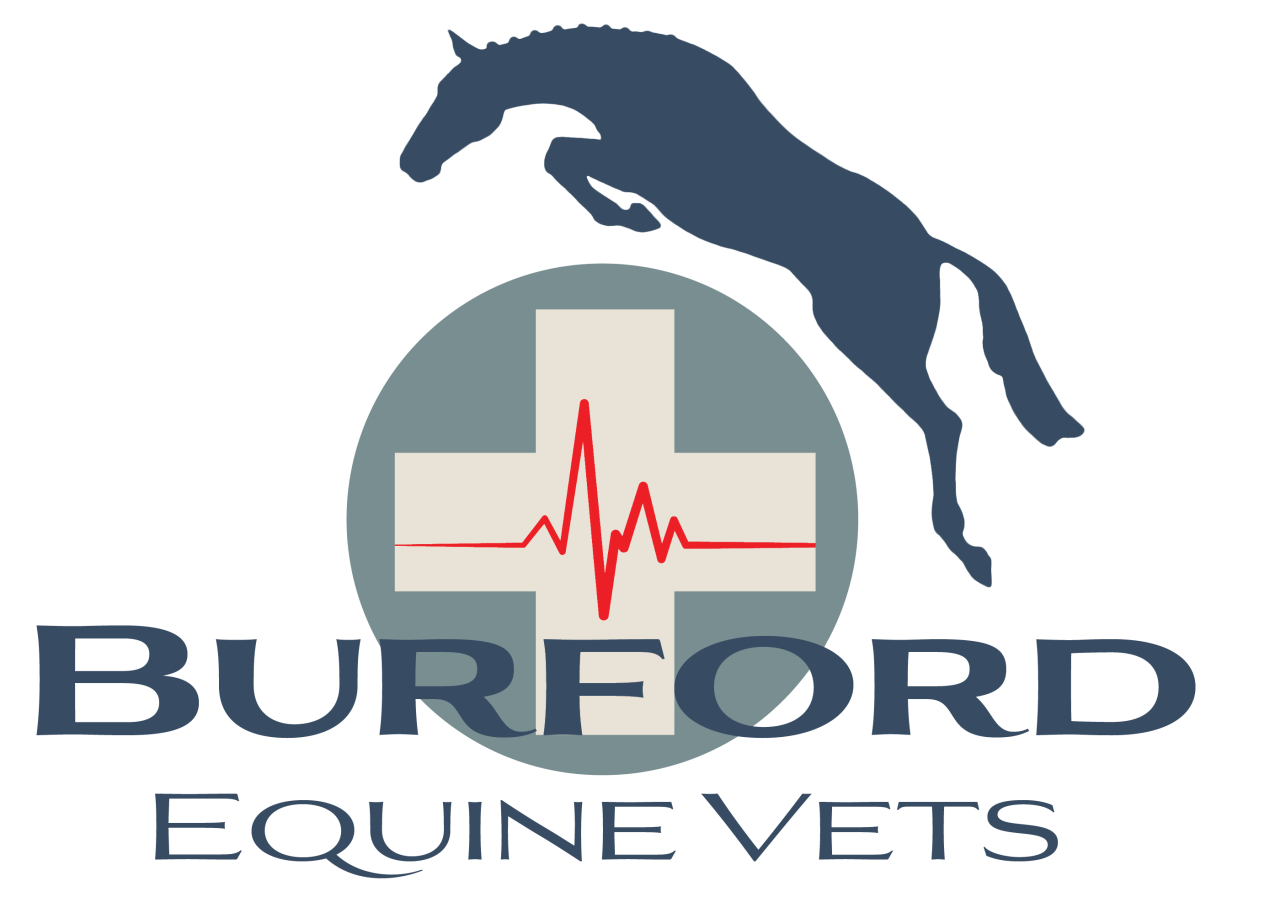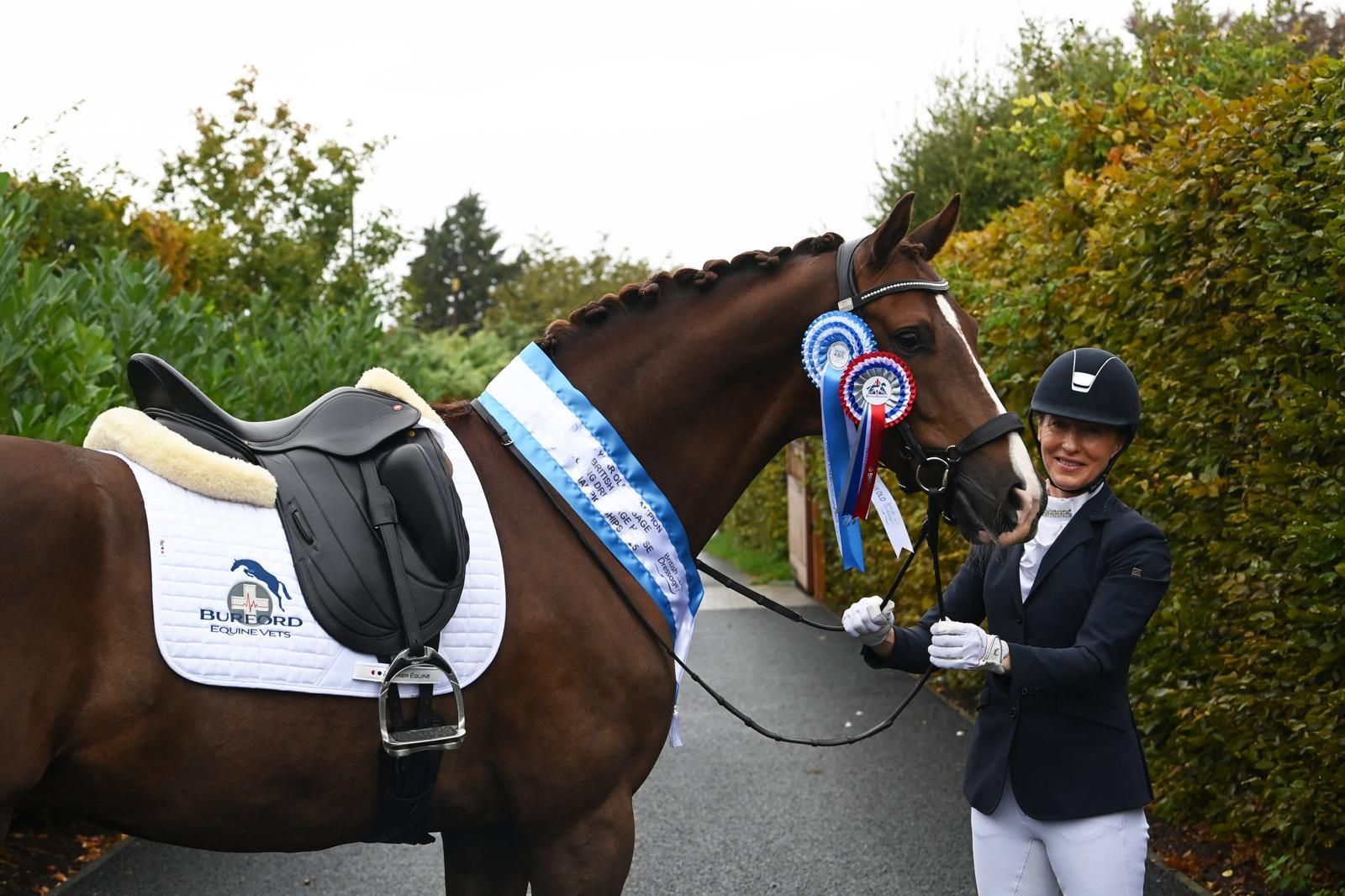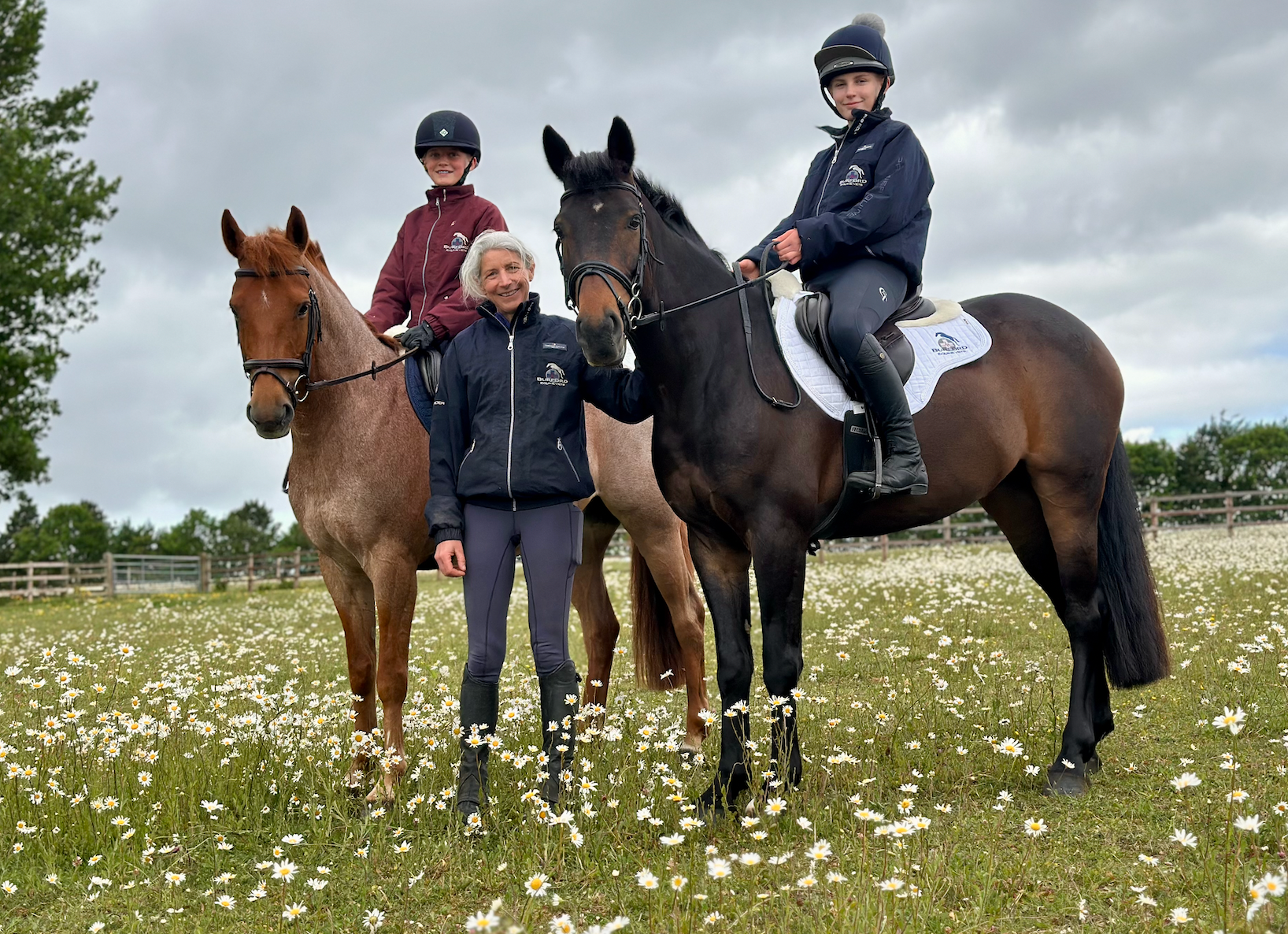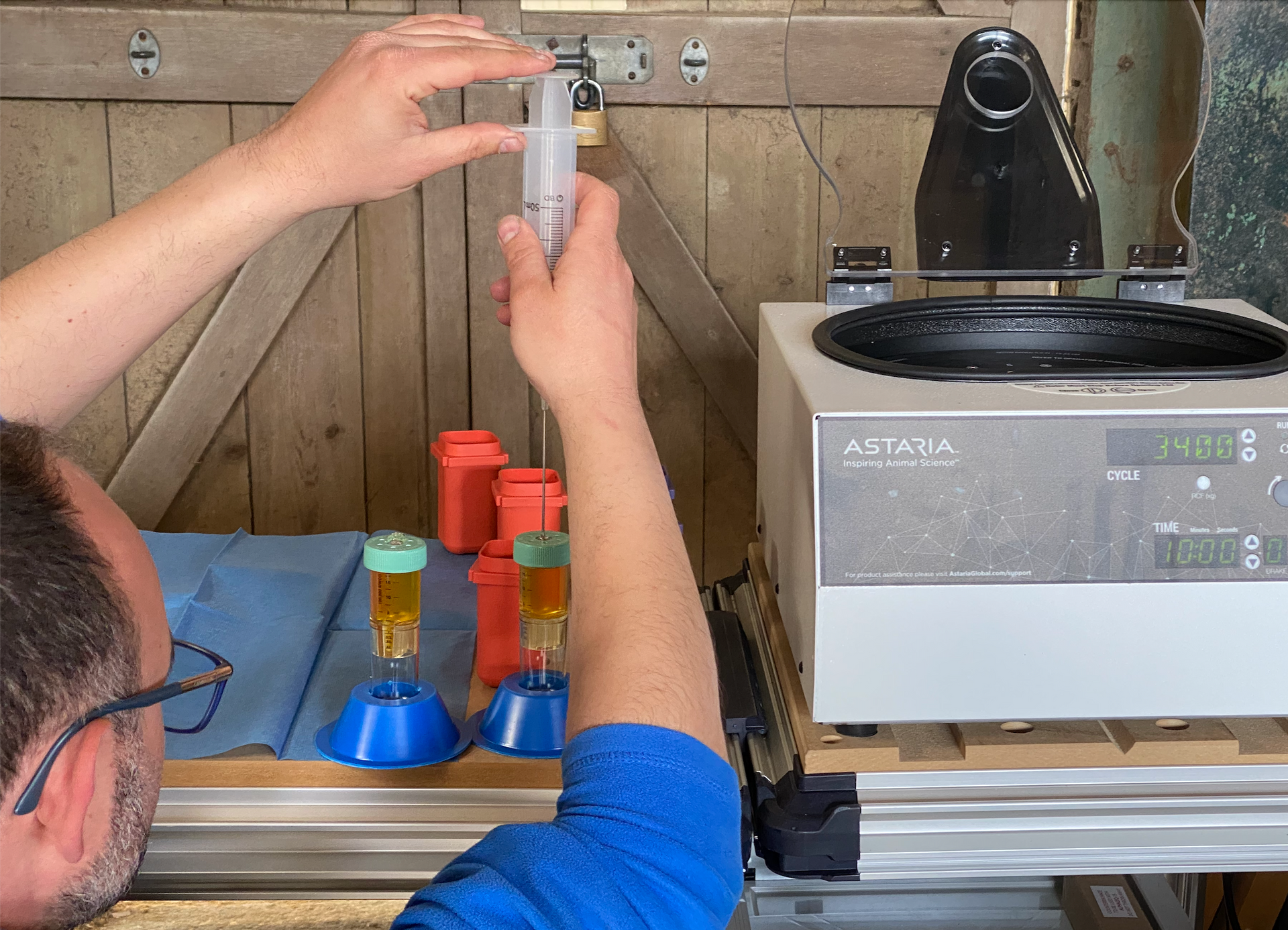Spring Gastric Ulcer Checks
Why check for Gastric ulcers?
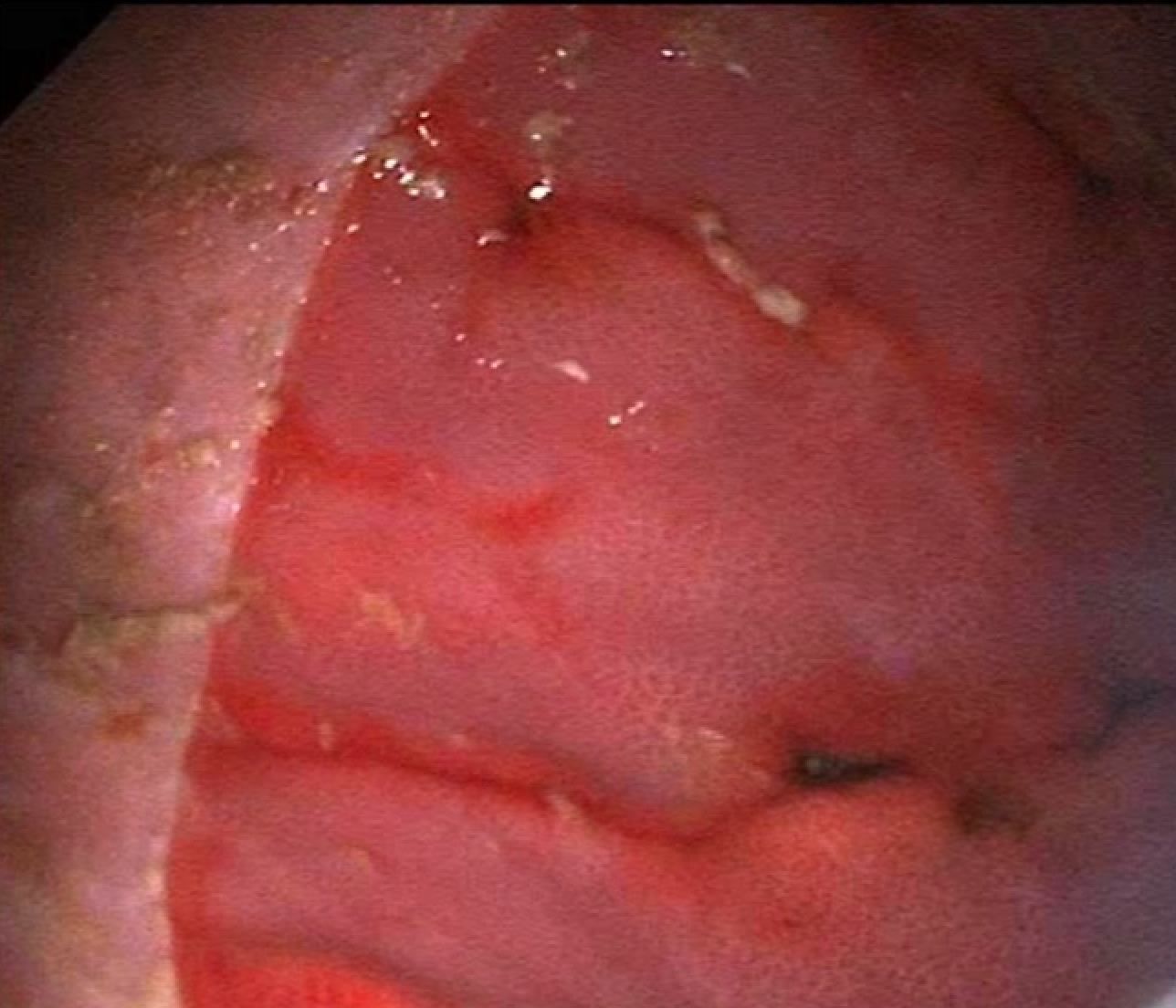
Winter Stress Can Increase Risk of Ulcers:
Winter diets & routines with less turnout, more stabling, hay in place of fresh grass etc. can increase the risk of both EGUS (Equine Gastric Ulcer Syndrome) and EGGD (Equine Glandular Gastric Disease). By Spring, horses can already be developing ulcers with or without obvious signs, spotting them early in the season can prevent larger issues, compared to mid to late-season when performance is really affected.
Prevent Performance Drop-off:
Ulcers cause discomfort, reluctance to work, and poor appetite, which can lead to loss of condition, reduced improvement or stamina, and irritability—not ideal for competition prep!
Training Intensity and Completion Travel Increases in Spring:
More fast work, increased schooling and travelling can worsen ulcers if they’re already present. A gastroscopy allows for early treatment, reducing the risk of a flare-up mid-season when stakes are higher.
Prevention before Travel & Competition Stress:
Traveling, new environments, and staying away at training or events can trigger gastric disease . If your horse starts the season with a healthy stomach, they’re more likely to cope better with the demands of competing.
A pre-season gastric health check ensures your horse is ready to perform, prevents problems before they escalate, and sets them up for a successful, comfortable season.
Book a gastroscopy to ease your mind, email us on info@burfordequine.com
